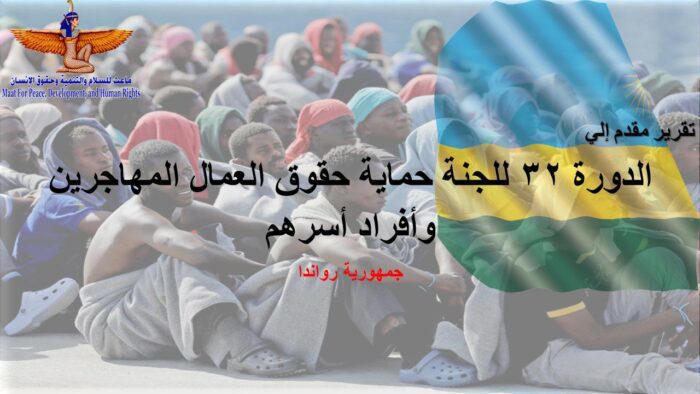Republic of Rwanda
Rwanda has been working in recent years to overcome the ill effects it suffered after it witnessed a bloody civil war that raged between 1990 and 1994 between the “Hutu” and Tutsi tribes, which plunged the country into death and blood. , Despite the small area of Rwanda, Rwanda, which is located in the Great Lakes region of Africa and which does not have a waterfront, has tried to achieve comprehensive development in various fields and to develop its economy in recent years, which explains its need for labor and its reception of migrant workers and refugees.
Until October 2018, Rwanda hosted more than 150,000 refugees from more than 60 countries, the majority of whom are from the Democratic Republic of the Congo, and their number is about 75,740 refugees. Rwanda has started receiving refugees from the Democratic Republic of the Congo since 1996, in addition to refugees from Burundi, who number about 69,423 refugees have fled because of insecurity and unrest due to the political situation there, and about 79% live in six camps and the rest live in urban areas, and there are about 13,000 refugees registered in major urban centers such as Kigali and Hue.
Rwanda also received Rwandan citizens returning home after spending years living as refugees or asylum seekers abroad, as more than 3.4 million refugees returned after the 1994 genocide against the Tutsi.
shortlink: https://maatpeace.org/en/?p=31907












